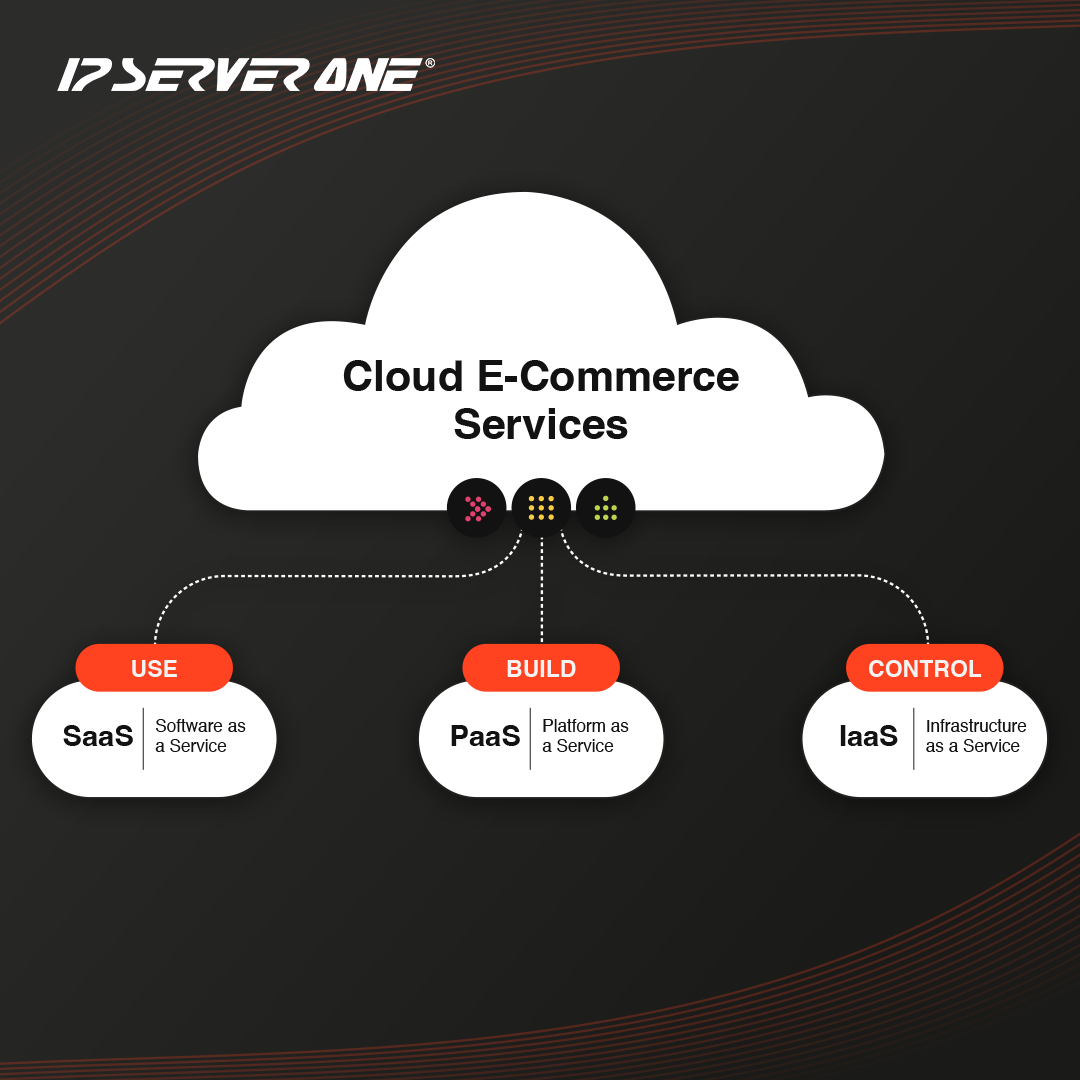Are you struggling to keep up with the demands of your online customers? Discover how cloud hosting is transforming the way businesses operate in Malaysia, keeping their customers happy and satisfied.
Since the COVID-19 pandemic, online shopping has gained more popularity, and it’s predicted that more Malaysians will turn to e-commerce for their shopping needs in the future.
To keep up with the trend and realize the full potential of your business, take advantage of the cloud-hosting revolution in Malaysia. Don’t let your competitors outperform you – take immediate action today and create a superior platform for your customers!
What is Cloud Hosting & Cloud E-Commerce?
As e-commerce grows in Malaysia, businesses are turning to cloud hosting to manage their online presence. Cloud hosting is a web hosting service that uses multiple servers to host websites and applications. The servers are interconnected and share resources, making managing and scaling the hosting environment easier.
Did you know that during the 11.11 sale event in Malaysia, Lazada alone received over 100 million visits? If you’re a business owner, the thought of handling that kind of traffic can be overwhelming. But what if you could easily scale up your website’s hosting capabilities to handle any amount of traffic, without the need for expensive hardware investments?
That’s where cloud hosting comes in. With cloud hosting, you can easily add more resources as needed to handle peak traffic times, like during big sale events (we’re talking about Raya, CNY, and Deepavali sales!). This means you can focus on growing your business and providing a great customer experience, rather than worrying about hosting limitations.
Cloud hosting provides the scalability and flexibility needed to meet your e-commerce hosting needs. It allows you to easily scale up your hosting capabilities during big sale events, ensuring that your customers have a seamless shopping experience. You just need to pay what you used, its cost effective!
So why limit yourself to traditional hosting when you can have the freedom and flexibility of cloud hosting?
What is Cloud E-Commerce?
Cloud e-commerce refers to the use of cloud computing to conduct online commercial transactions, allowing businesses to store, manage, and access data and software over the Internet. This eliminates the need for businesses to invest in hardware and software infrastructure, enabling them to focus on their core activities while accessing e-commerce platforms, online storefronts, payment gateways, and other services through a cloud-based service provider.

What is an E-Commerce Platform?
An e-commerce platform is a software application that allows businesses to create and manage their online store. It provides tools and features that help businesses manage their products, inventory, payments, and orders, and enables them to sell products and services online to customers around the world.
Types of E-Commerce Platforms
Hosted Platforms: Shopify, BigCommerce, and Wix.
Marketplaces: Lazada, Shopee, and Zalora
Challenges of Using E-commerce Platforms
While e-commerce platforms offer a convenient and cost-effective way to start selling online, relying solely on them can limit your growth and flexibility. By investing in cloud hosting, you have complete control over your website’s hosting capabilities and can easily scale up your resources as your business grows.
Additionally, cloud hosting provides better security, uptime, and performance compared to most e-commerce platforms. With cloud hosting, you can offer a faster and more reliable shopping experience to your customers, which can lead to increased sales and customer loyalty. Ultimately, investing in cloud hosting is an investment in the long-term success and growth of your e-commerce business.
Limitations of using e-commerce platforms include:
- Slow loading speeds due to shared hosting environments, which can negatively impact the customer experience and lead to cart abandonment.
- Restricted customization options on e-commerce platforms can limit a business’s ability to differentiate their brand and create a unique online store experience for customers.
- Limited interactions with customers on e-commerce platforms can hinder a business’s ability to build relationships and foster loyalty with customers.
- E-commerce platforms may charge transaction fees or limit payment gateway options, which can increase costs for businesses and limit their ability to offer preferred payment options to customers.
- E-commerce platform users may face challenges with data ownership and control, as their data may be stored on the platform’s servers rather than their own.
- E-commerce platforms may have limited SEO capabilities, which can make it more difficult for businesses to rank in search engine results and drive organic traffic to their website.
Trends in E-commerce and Cloud Hosting in Malaysia
The online shopping trend in Malaysia has been on the rise, with popular marketplaces like Lazada and Shopee leading the way. However, slow loading times, limited customization options, and limited customer interactions have presented challenges for e-commerce businesses
| Feature |
Cloud Hosting |
E-commerce Platform |
| Scalability |
Easily scalable as per business needs, providing flexibility to upgrade or downgrade resources |
Limited scalability as the platform’s resources are fixed |
| Customizability |
Highly customizable as per business requirements |
Limited customization options due to platform’s constraints |
| Security |
High level of security as hosting providers usually have robust security measures and dedicated teams to manage security |
Security may depend on the platform’s own security measures or on third-party plugins |
| Reliability |
Reliable as hosting providers have multiple servers to ensure high uptime and minimal downtime |
Reliability may depend on the platform’s own uptime and maintenance |
| Cost |
Cost-effective as it allows businesses to pay only for the resources they need |
May be costly due to platform’s fees and transaction charges |
First Choice AI’s cloud hosting for business offers a way to overcome these challenges by providing businesses with more control over their website’s performance and customer interactions
 CN
CN
 EN
EN

